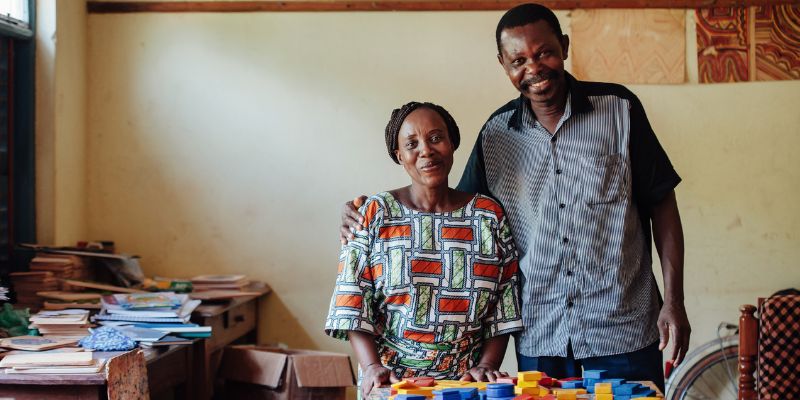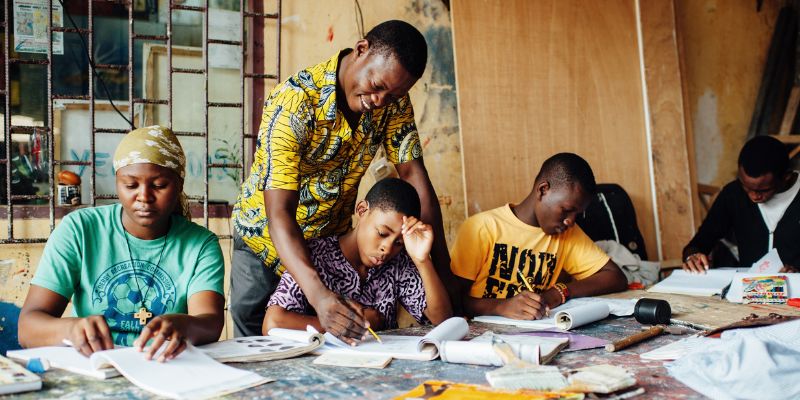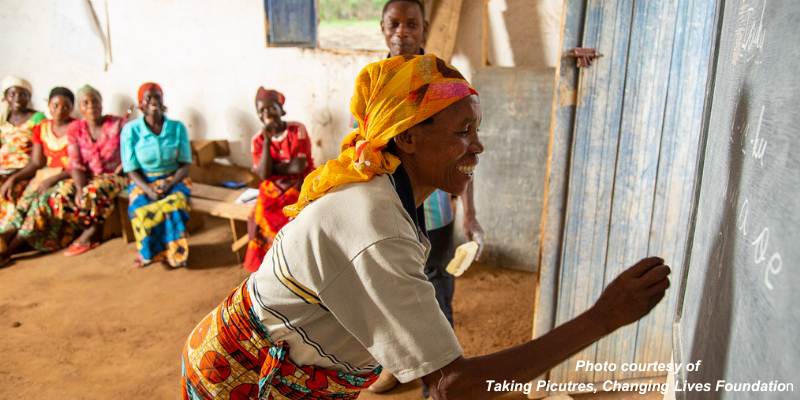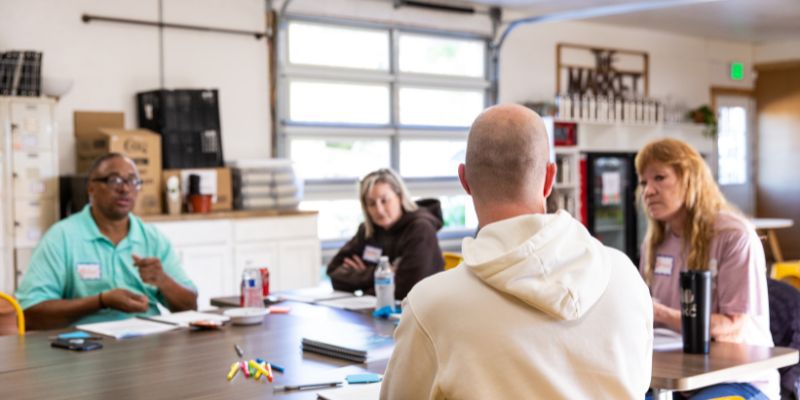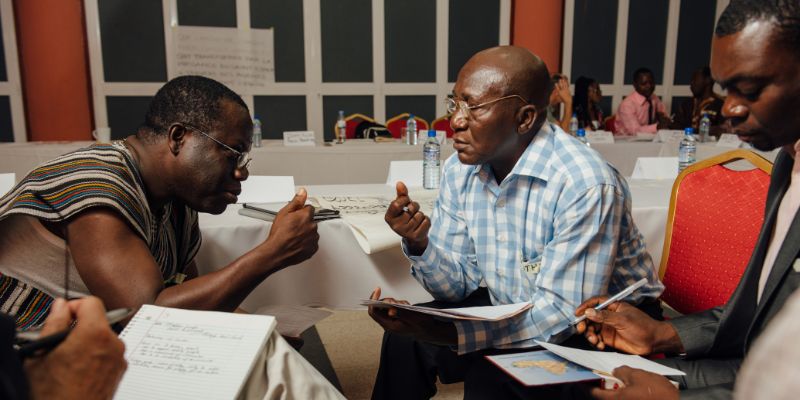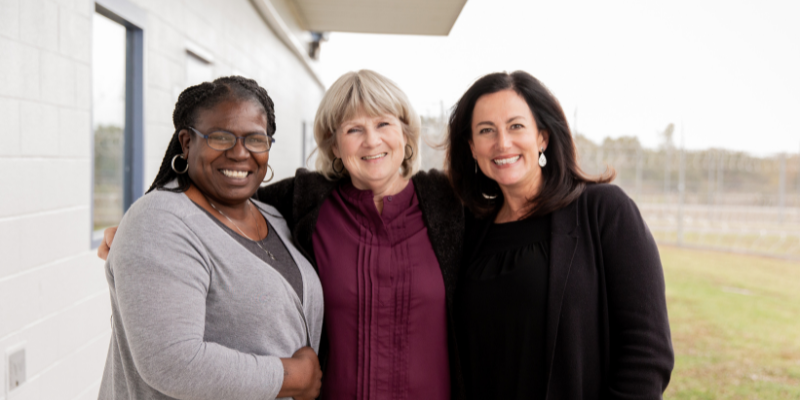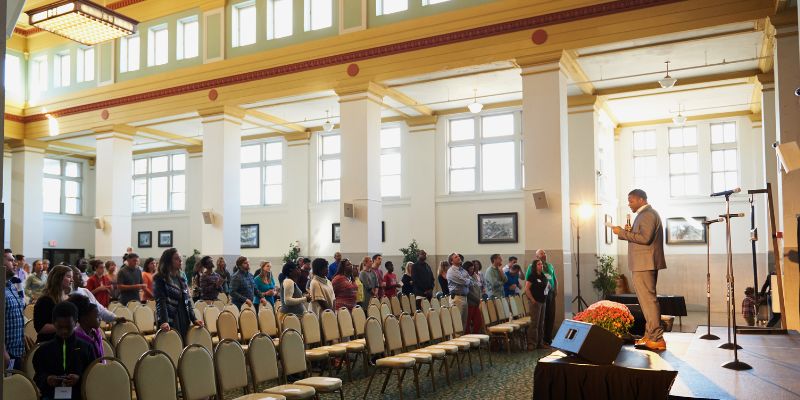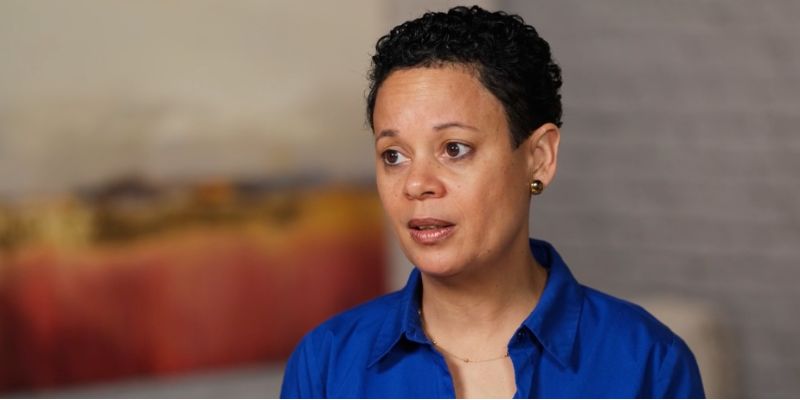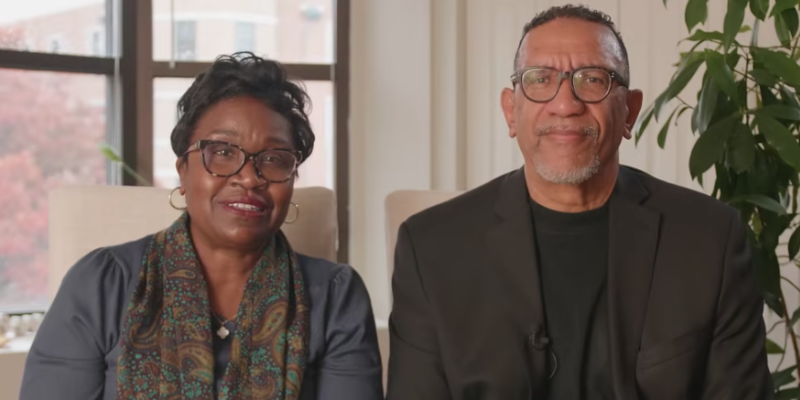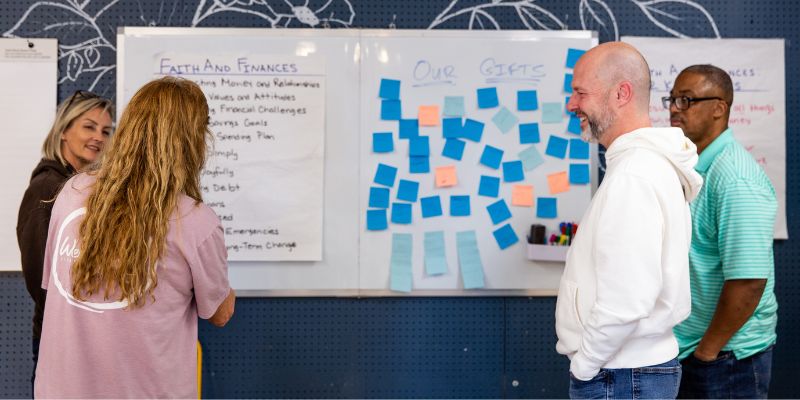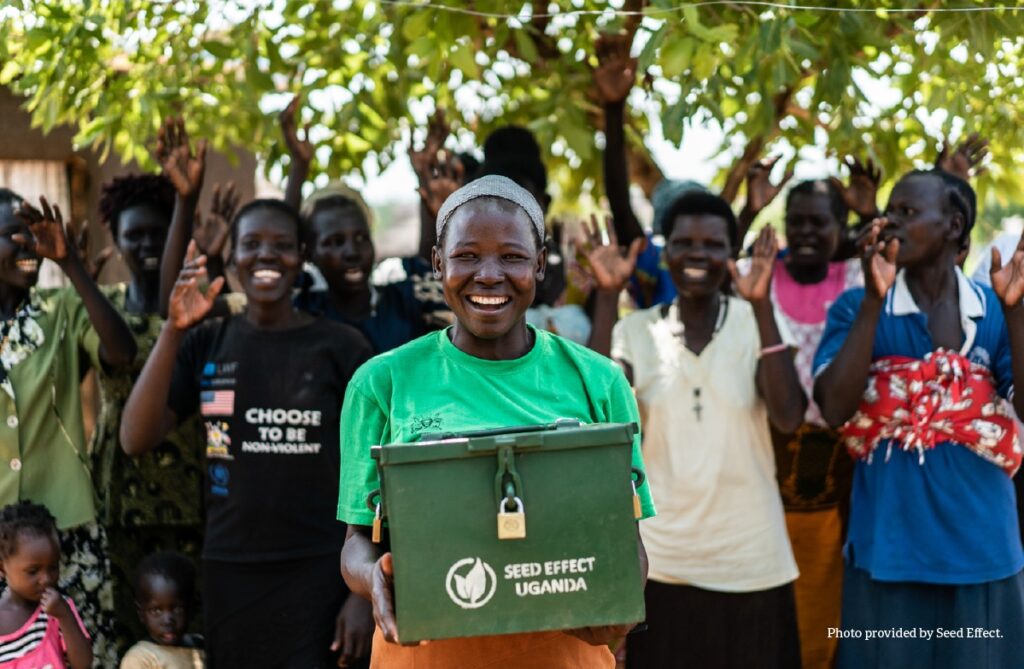Search
Categories
Tags
Posts by The Chalmers Center
Holistic Approaches to Development
Material poverty is complex, and not reducible to a single cause. Healthy, sustainable poverty alleviation ministries need to address all five root causes of material poverty—Individual brokenness, Systemic brokenness, false stories of change, broken and destructive formative practices, and demonic forces. Over the last few weeks, we’ve looked at Ministry Design Principles that contribute to the kingdom community and to God’s story of change, and today we continue examining principles that equip us to replace destructive formative practices. We seek to evaluate and replace our existing practices in favor of those that empower and equip our communities.
Reframing Our Ministry Practices in Light of God’s Story of Change
Resuming our journey through the Ministry Design Principles, we turn our attention to replacing destructive formative practices in our fundraising, in our relationships with stakeholders, and in our marketing strategies. A ministry working to walk in the path of God’s story of change pursues practices that treat all stakeholders as a community of broken yet restored priest-rulers, people who are relying on the power of Christ’s death and resurrection to jointly steward their wide range of gifts.
Anticipating the Next 20 Years of Partnership!
For over two decades, Chalmers has partnered with Five Talents as they implement RESTORE savings group ministries in six East African countries, as well as Bolivia and Myanmar. Partnering with local churches around the world, Five Talents trains men and women living in extreme poverty to form savings groups, take out loans, and build their own businesses.
Financial Education with Kingdom Goals
Jerilyn Sanders has been the Director of U.S. Training at the Chalmers Center for over 10 years. Her work combines two things: her love for God’s people and her passion for education that empowers the disenfranchised. In 2011, Sanders was part of the team that created and rolled out Faith & Finances, a financial education curriculum that’s a tool for holistic community ministry. She answered a few questions to share more about her work and the ways Faith & Finances is helping churches and ministries love their low-income neighbors well.
Work Life Fall Webinar
FREE WEBINAR Making Work Work:Why Most Advice about Work Doesn’t Work in Economically Challenged Communities Tuesday, August 13 at 1:00 pm ET Register Now Work Is Good Work is part of God’s design for his creation. It not only provides for material needs, but it also instills dignity and purpose and creates opportunities for us…
Combating False Gods and False Stories in Ministry Design
We’ve been sharing Ministry Design Principles in a series of posts (you can read last week’s here). All these principles can, in some sense, be bundled under 6 aspects of holistic poverty alleviation—1) Forming the kingdom community, 2) addressing false stories of change, 3) addressing broken practices, 4) addressing broken individuals, 5) addressing broken systems, and 6) addressing demonic forces.
Foundational Ministry Design Principles
Poverty alleviation is complex, so principles are more helpful than blueprints for designing an effective poverty alleviation ministry. There is no one-size-fits-all solution to material poverty, and context matters, too. Ministry tools and strategies that work well to facilitate lasting transformation in a rural village in Togo might not work in an urban area in the U.S., and vice versa. Effective, sustainable ministry reflects God’s story of change and the way He has made us as human beings.
Why We Need Ministry Design Principles
Ministry focused on addressing poverty is fundamentally about promoting change. It’s about helping people and communities move to a better situation than their present one.
Subscribe—Beyond these Walls
Get a FREE Curriculum Sample Sign up for our email list and visit our booth to get a free sample of our economic development curriculums. Support individuals and families in the Majority World or in the U.S. through proven economic development tools from the Chalmers Center. Restore-Equip churches and ministries with tools to start savings…
You’re More Than Your Past
As someone previously incarcerated, Chanda knows first-hand how broken relationships are at the core of poverty. It’s why she continues to show up for incarcerated women with biblical truths and practical resources — like Faith & Finances Inside.
Mapping Your Church’s Assets
Local churches that have been engaged with a biblical framework for addressing poverty or have used various tools and trainings from the Chalmers Center know that one of the biggest keys in a healthy ministry is taking an asset-based, rather than a needs-based approach. An asset-based approach helps us see that all people, both those who are materially poor and those with material wealth, can contribute to poverty alleviation efforts.
Resurrection as Reconciliation and Empowerment
As the Chalmers Center staff gathers with our churches and families to celebrate Easter this week, we join with Christians around the world, declaring “He is risen!”
A Call to Benevolence: Helping Your Church Love Your Neighbors in Material Poverty
The Ministry of Jesus has always been word and deed. Wherever Jesus went, he preached the Kingdom of God. As he went, he healed people who were sick and hurting and in trouble as a sign that His message was true and the kingdom was at hand.
Recruiting and Equipping Effective Volunteers
When it comes to poverty alleviation ministry, it’s not uncommon for new volunteers to feel excited about getting involved. They can’t wait to make a difference. But if these volunteers aren’t well-prepared for the work they’re joining, over time, they will likely begin to feel overwhelmed and discouraged. They realize that there are more needs than resources and there is always something else they could do to help. Walking through deep valleys with people wrestling with material poverty, the road is often rough and the way forward isn’t always clear. These sorts of challenges are part of the reason that The Chalmers Center regularly talks about the importance of training volunteers.
Practical Advice for Churches Interested in Work Readiness Ministry
Restoring people to sustaining work is a key component of poverty alleviation. One of the most effective ways to work toward this is by starting a holistic work readiness ministry.
The Significance Of Meaningful Work
In 2022, we kept hearing about the “great resignation” and “quiet quitting.” In 2023, layoffs and inflation are the headlines. No matter the year or the economic cycle, there is great need for work that helps restore people to wholeness. But work isn’t just something we have to deal with in a fallen world. It’s part of God’s good design for our dignity as His image-bearers. This goes all the way back to Genesis 1-2, where God created man and woman and placed them in the garden and told them to to subdue the earth—to exercise their creative potential in His good creation through their work.
Why Life.Church Put a Pause on Missions
Nearly a decade ago, before Life.Church grew into the largest multi-site congregation in the country, the church paused all missions. The church was growing, but their strategy to create local and global impact wasn’t working.
Jeff Galley, Life.Church’s Leader of Life.Missions, knew there had to be a more effective framework for missions, but he wasn’t sure where to start. “There has to be a better approach to serve our communities…we really needed to think differently,” Jeff shared.
Seed Effect Brings Chalmers’ Principles to Northern Uganda
In 2009, Seed Effect set out with a commitment to bringing Christ-centered economic empowerment to South Sudan. Seven years into ministry, civil war returned to the already fragile country—forcing Seed Effect to rethink their approach as they relocated to Northern Uganda.
With Chalmers’ influence, Seed Effect made a quick pivot—they added a savings-led model—that allowed their members to flourish.


